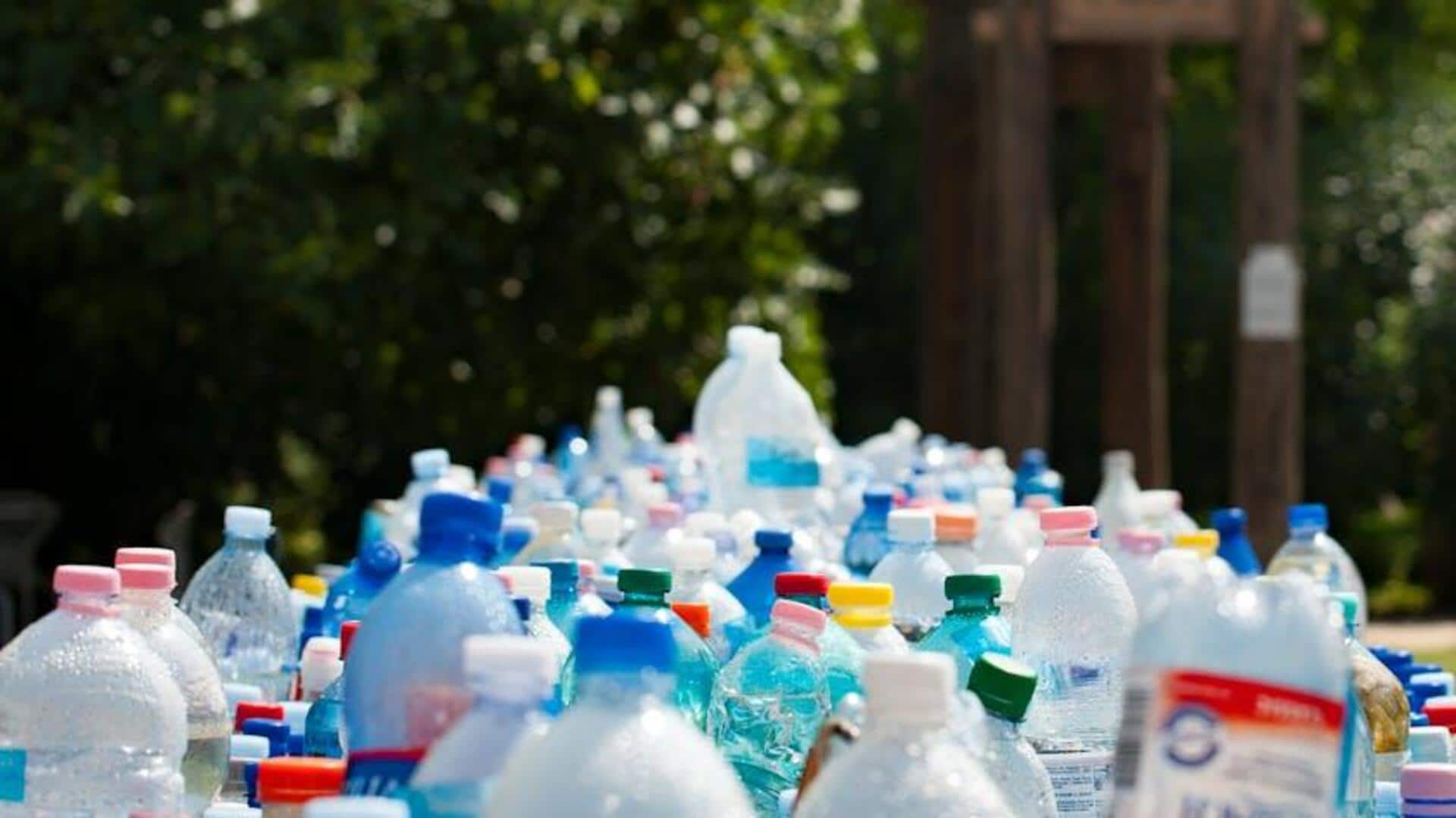
Innovative recycling for small businesses in Africa
What's the story
Small businesses in Africa are making big strides in waste reduction and cost savings by embracing innovative recycling practices. This eco-conscious shift benefits the environment and boosts their bottom line. By transforming waste into valuable products, these enterprises are pioneering resource efficiency and economic resilience in the face of global challenges, proving that going green is not just good for the planet, but also for business.
Upcycling
Turning waste into wealth
Numerous African small businesses are getting creative with upcycling, turning trash into treasures. For example, plastic bottles are being turned into trendy accessories, while old tires are being used to create furniture that can last a lifetime. This not only cuts down on the waste that ends up in landfills but also capitalizes on the increasing demand for environmentally friendly products.
Composting
Harnessing organic waste
Food processing often generates organic waste, which can be particularly burdensome for small businesses. However, through the magic of composting, these "wastes" are transformed into nutrient-rich fertilizer. This not only benefits local agriculture and minimizes the reliance on chemical fertilizers, but also fosters a circular economy where nothing goes to waste, ultimately promoting sustainability and environmental health.
Biogas production
Energy from waste
Small businesses in rural Africa are turning organic waste into a valuable resource by harnessively using simple biogas technology. By utilizing basic biogas digesters, they can transform animal manure and kitchen waste into biogas that is used for cooking and warming up. This eco-friendly practice provides not only a clean, renewable energy solution but also significantly cuts energy costs for these micro-enterprises.
Sustainable packaging
Eco-friendly packaging solutions
Small businesses across Africa are embracing the wave of sustainable packaging. By utilizing materials such as banana leaves, bamboo fibers, and recycled paper, they're ditching plastic packaging in favor of eco-friendly alternatives. These green choices not only appeal to the growing market of eco-conscious consumers but also play a vital role in minimizing pollution and reliance on non-renewable resources. This is indeed a positive stride toward sustainability.
Awareness campaigns
Community engagement and education
Small businesses are playing a key role in educating their communities about the importance of recycling and environmental conservation. By conducting workshops, launching social media campaigns, and implementing school programs, they are raising awareness about sustainable practices that everyone can adopt in their daily lives. This collective effort fosters a culture of sustainability that benefits not only the environment but also local economies.